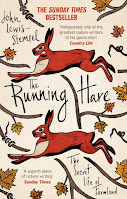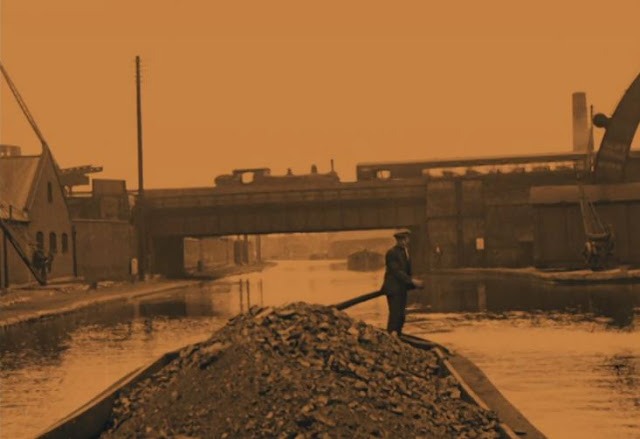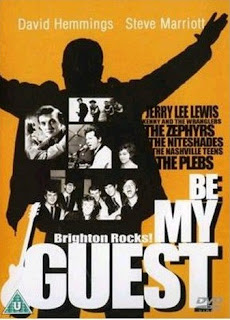Stuart Whomsley on the psychodrama that was Brexit.Ten years ago, Europe was not an issue for the vast majority of the people of the UK. The right wing created this psychodrama, created this problem, this crisis that was never there and now see themselves as the ones who have heroically solved it. This represents a fine piece of manipulation.
However, we can start to consider this issue with the role of New Labour. I remember when Blair was still PM, my saying that though I thought it was the case that the UK needed migrants and they add to our society, the way Blair had overseen such a rapid arrival rate of migrants would stir up racism, as the UK was still a racist society.
I was told at the time that the UK was not a racist society any more and there was nothing to worry about. Probably by the same people who were saying we were now a meritocracy, class conflict was over and everyone was becoming middle class.
But migration was the impetuous to turn a fringe issue, our relationship with Europe into what it became. It allowed Farage to sculpt UKIP into the cloaked racist anti migrant party that it became. And to turn it into the threat that it became to the Conservative party leading to Cameron putting the offer of a referendum in their manifesto, never thinking that he would win so well.
Unfortunately the Sun did more than blow the bloody doors off Milliband's chances of winning in 2015 with its sandwich eating shot, so that Cameron won outright. Without the restraint of being in Coalition, no Clegg to hold him back, he was forced to hold the referendum as promised. Well complacent Cameron feeling he was Mr Lucky messed up at that referendum, as we all know.
Johnson actually a pro-European saw that his only route to the job he so craved was to support Leave and to make sure Leave won. His charisma and affable clown persona helped push Leave over the line. Cameron at this point instead of showing character and fulfilling his responsibility and getting a deal and taking it through parliament instead went off in a huff to Chillax.
May as the new PM immediately showed one of her flaws of character, that of not being able to work well with others, and decided to go it alone instead of taking a cross party approach to build a consensus Brexit. In a failure of self-confidence and judgement, thinking she did not have enough of a majority to get what she wanted through, when it would have turned out that she did, went to the polls.
At the polls she did so badly that now she was in the position where she did indeed not have the majority needed to get what she wanted through. She lost her majority by rather than playing safe and having a neutral manifesto that would focus on getting Brexit done instead put forward a reckless radical vote losing manifesto. Yet May still managed to put together a very shaky Brexit deal to put to a vote.
The sensible thing for pro-European MPs to have done at that time would have been to have cashed out on the May deal. But they did not. For some it was the hope that kills you, the hope of a People’s vote that stopped them taking the option of the May deal. On the Labour side who knows what machinations were going on with the objective of bringing down Corbyn being prioritised over the European issue.
So in came the Johnson premiership on the mantra that he would get Brexit done and that as this was now the democratic will of the people, to do anything else would be an attack on democracy, an attack on The People. How far we have come in ten years from our relationship with Europe being a marginal issue to it having been such a central and divisive one.
Brexit is now done, well sort of. With vast amounts of money spent, with our national political life having been directed towards this issue above all others for four years, until the pandemic arrived, and with the union of the four nations put at risk, with a deal that does in fact look worse than the one we were in whilst part of the EU, the questions we now ask are:
- Was it worth it?
- What psychodrama will the UK head into next?























